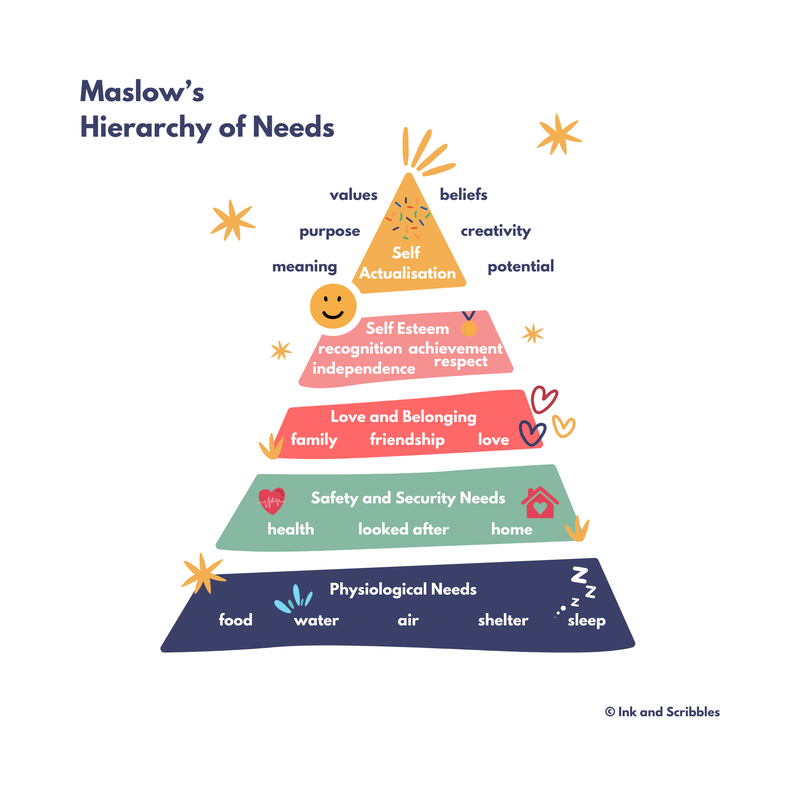|
We talk about nurturing children often, but what exactly does it mean to nurture and what is our role? The dictionary defines a nurturer as, “someone who nurtures others, offering food, protection, support, encouragement, or training”. On the face of it, nurturing appears to be about caring and protection. It wasn’t that long ago that parents and educators were mostly focused on the logistical elements of nurturing such as feeding, clothing, sheltering, and imparting knowledge. The emotional development of a child wasn’t a priority factor in the way that it is today, or at the very least, wasn’t an area that was understood enough to be able to consciously nurture. Now when we think about nurturing children, we are more aware of the holistic picture. Research and developments in psychology now help us understand that nurturing a child involves several pillars. Rather than looking simply at providing for basic needs, we understand that nurturing is also about the people and relationships in a child’s life. We also understand that rather than focusing on the child’s personality (although this does need reflecting on when developing a nurturing approach, which we’ll touch upon later), we create the optimum environment. Much like the analogy of planting a seed in the nutrient rich soil to ensure its healthy growth. Maslow’s Hierarchy of Needs shows us a model for meeting needs and nurturing. At the bottom of the pyramid are our basic physiological needs. From there, we build upon our needs until we reach the top of the pyramid where we can grow and spend time on personal development and fulfilment. It’s important to note this is a theory. It has been recognised that people may require their needs met in a different order and there is debate as to whether there is a hierarchy at all. But as a guide, Maslow’s Hierarchy of Needs draws awareness to our human needs and helps us reflect on how to nurture our children. There is certainty amongst psychologists that when basic needs, such as safety, security, and attachment, are not met, children cannot reach their potential in learning. This is significant and suggests that we should, most definitely, pay attention to how we might consciously provide both physical and emotional care. So, how can we nurture children? We need to look at nurture from physical, emotional, mental, and spiritual perspectives. Although these are separate elements, they are also interconnected. Physical nurturing involves the provision of good food, shelter, clothing, hygiene etc. When we take of children’s physical needs, we also send them an emotional based message that they are loved and cared about. Emotional nurturing relates to consideration of their self-esteem, mental health, development of coping skills and resilience. Mental nurturing involves opportunity to learn and develop skills that help them gain fulfilment and purpose in life. This links back to emotional nurturing as their learning and skill acquisition impacts confidence, self-esteem, and overall happiness. It also links to spiritual nurturing as we help them discover their passions, purpose, place in the world and develop their understanding of self. As you can see, these elements of nurture cannot be disconnected. After the provision of physical needs, we can first and foremost, make ourselves aware of attachment theory. This is based on the concept of early relationships that children form with a significant adult. The theory states that a strong, secure attachment with at least one main caregiver is crucial to a child’s development. This attachment has the power to influence a child’s emotional wellbeing, future relationships and even links to future generations. It is worth becoming familiar with the 4 attachment styles and reflecting on our own experiences as well as how that may be presenting itself in our relationships with children. In addition to this, we can choose our approach to our interactions with children that are rooted in a few principles. These principles are:
How does nurturing a child look in real life? Nurturing a child involves simple everyday interactions, relationship building and some inner work for us the adults. Ways you can nurture your child include:
Nurturing children is a big responsibility. Have self-compassion, especially on those days where you doubt yourself. Your ability to nurture is dependent on your own wellbeing so taking care of yourself is important to do alongside taking care of your child. Remember, once you’ve taken care of the basic physical needs, nurturing comes down to relationships. Prioritise that and your future self, your child, and the generations to come will thank you. From 10th to 20th November 2023 we're running a Nurture November Challenge!
|
Categories
All
Archives
April 2024
AuthorHey! I'm the founder, creator and voice of Ink and Scribbles. Sharing thoughts on child well-being and parenting that are based on my teaching and parenting experience, and NLP learning. |



 RSS Feed
RSS Feed